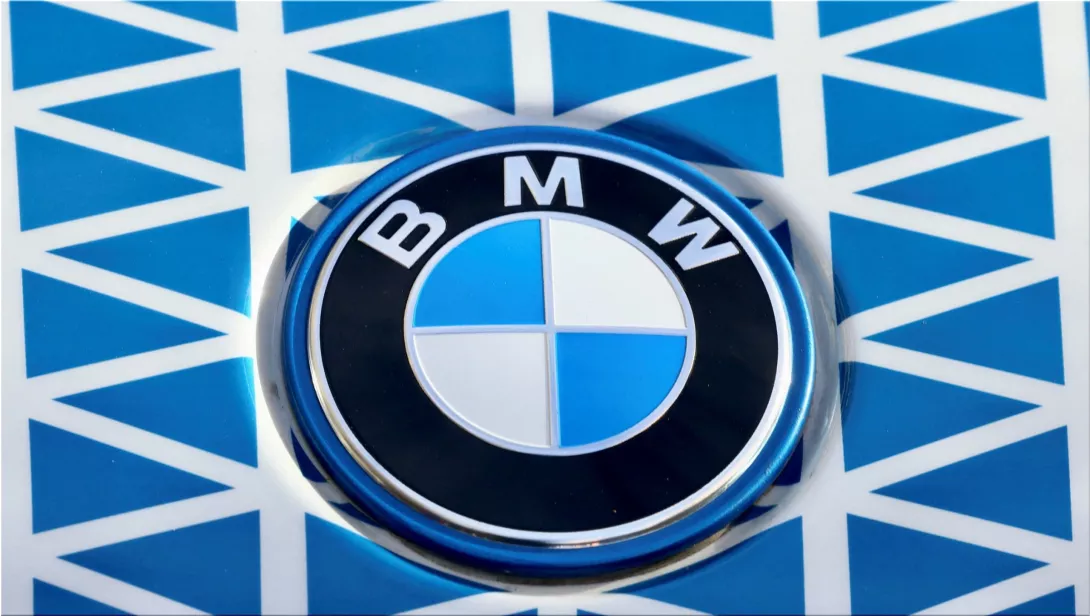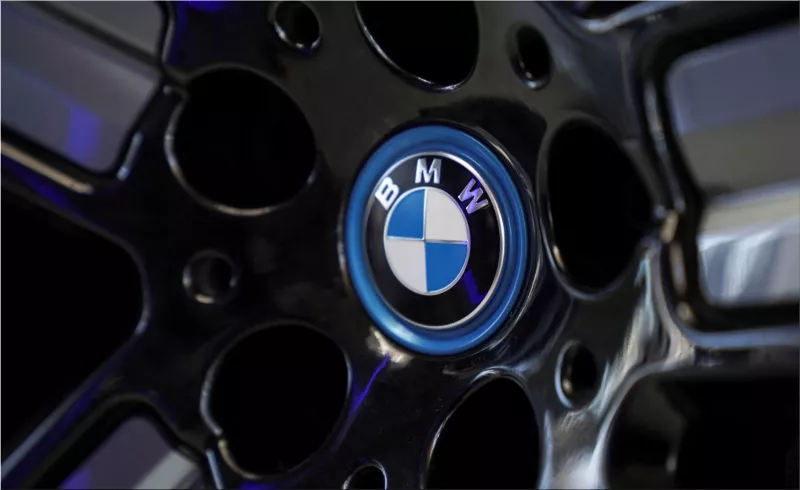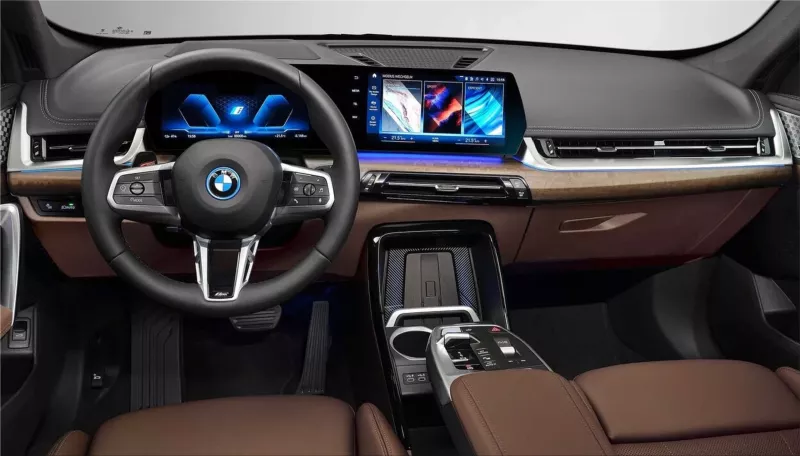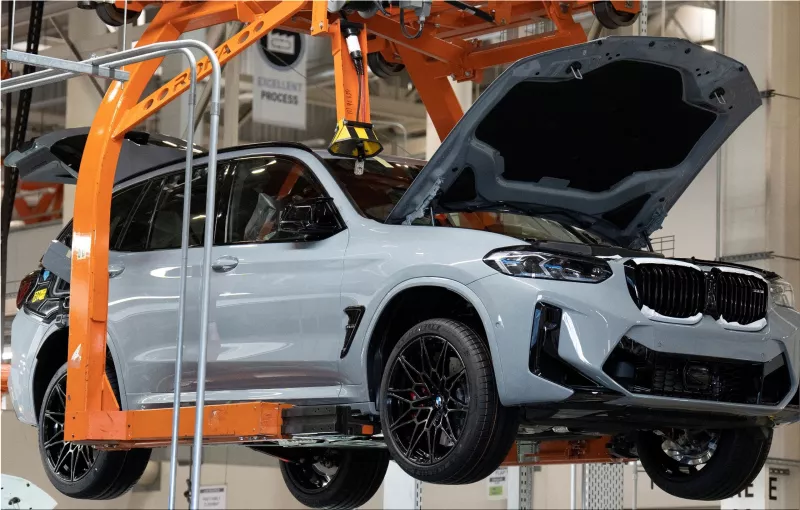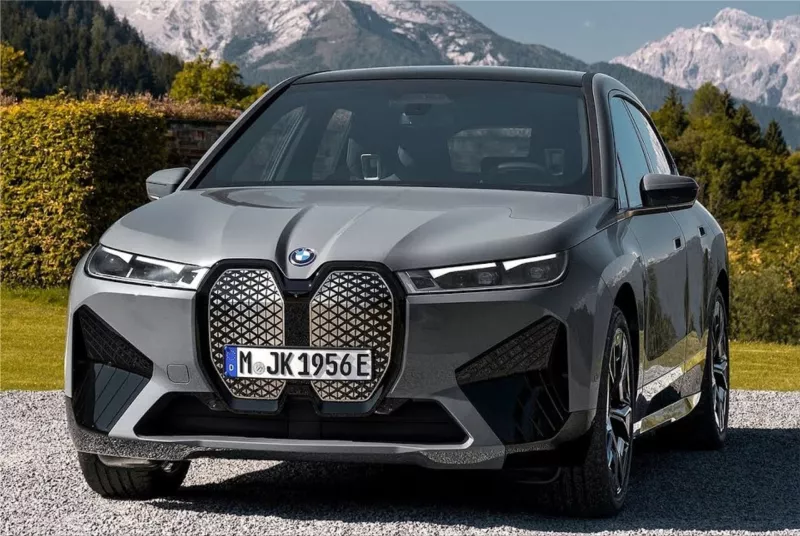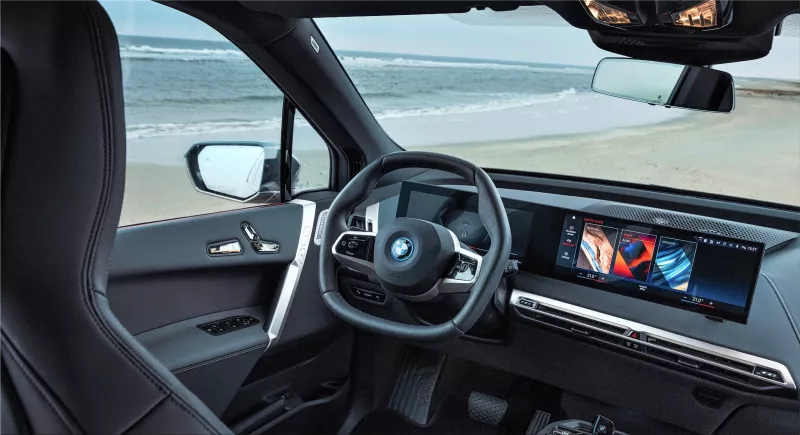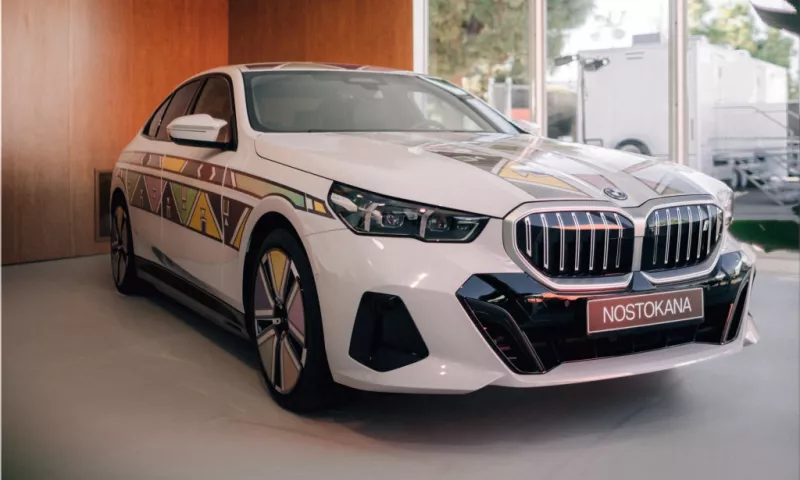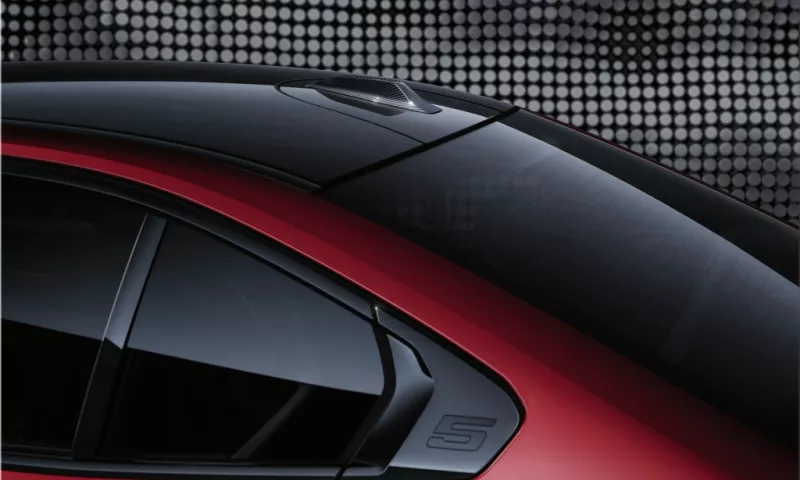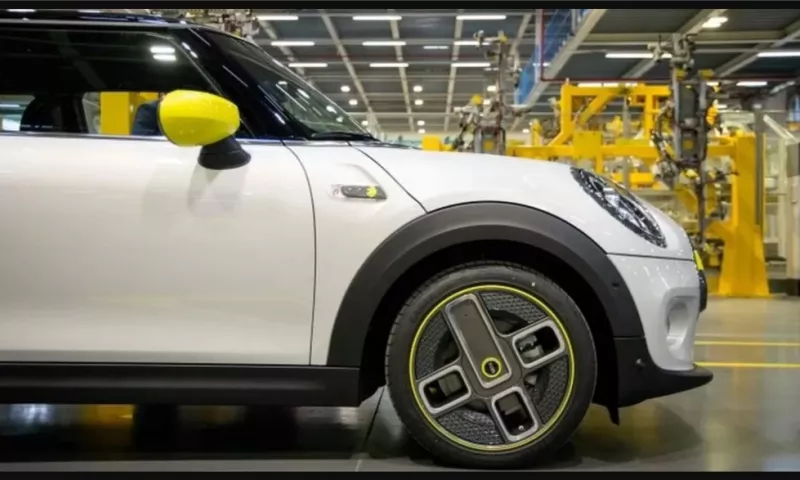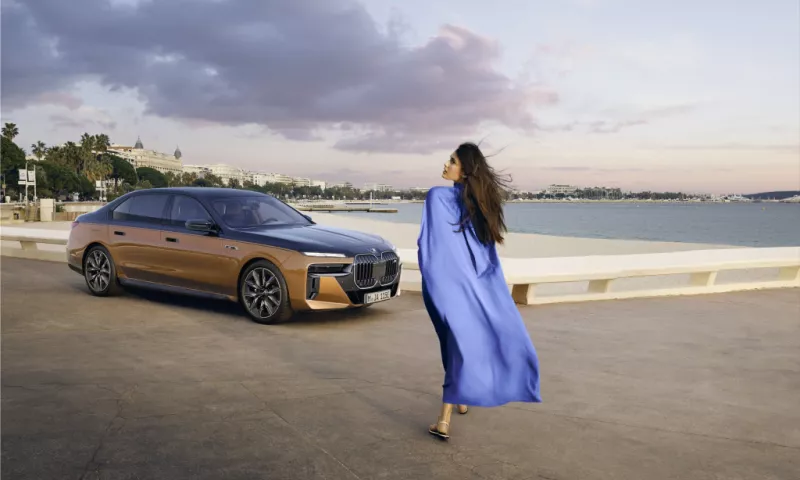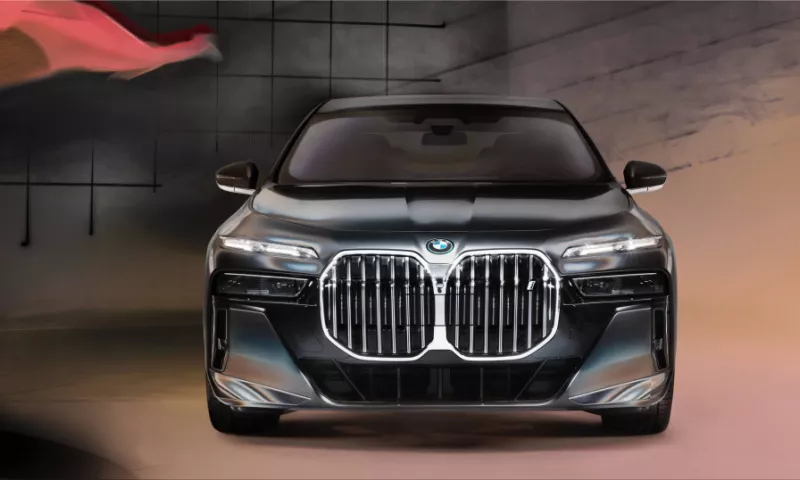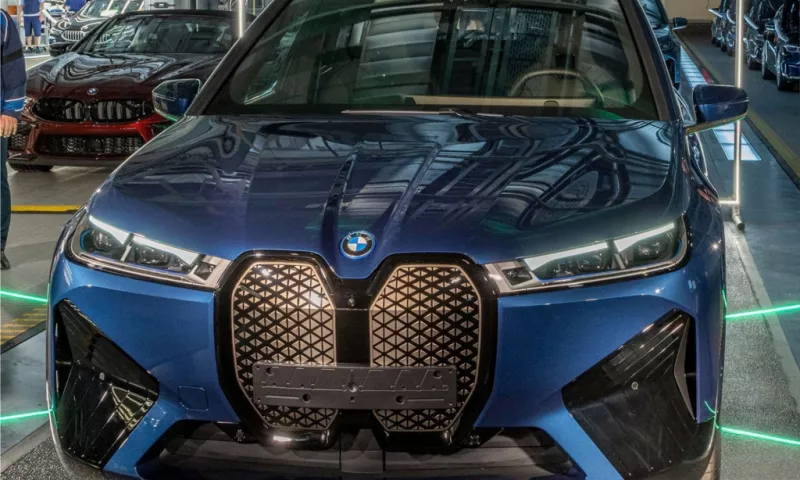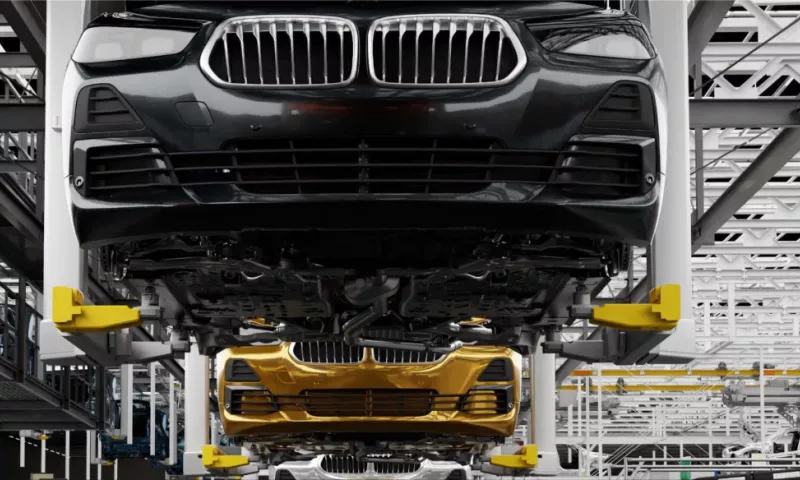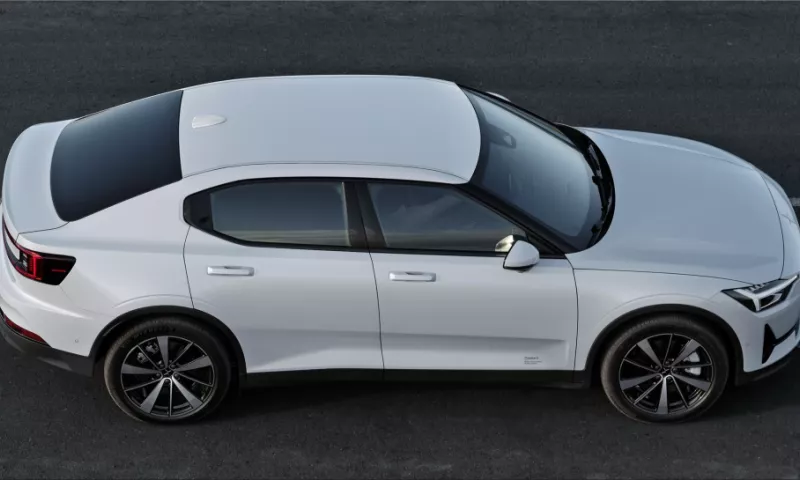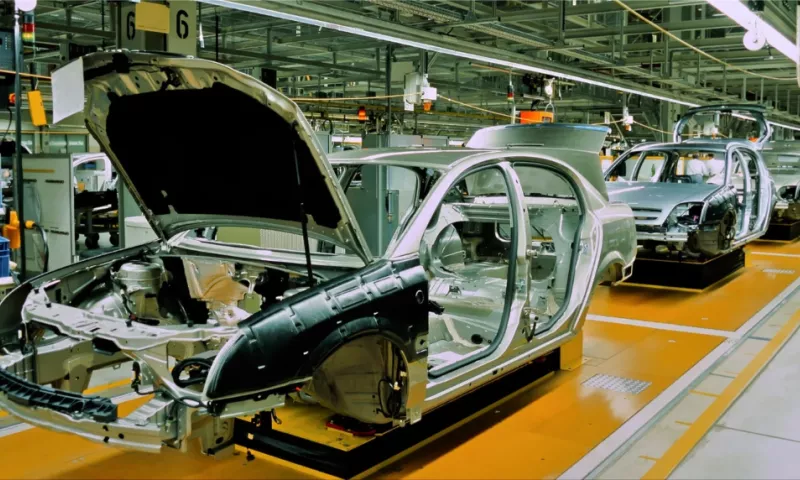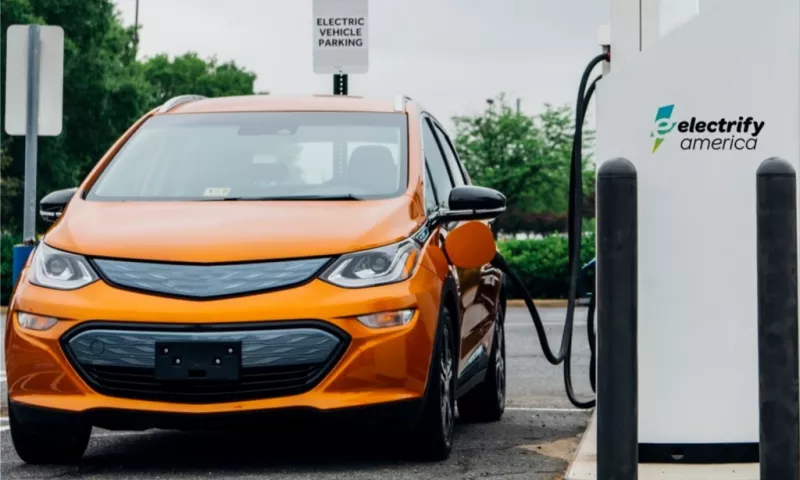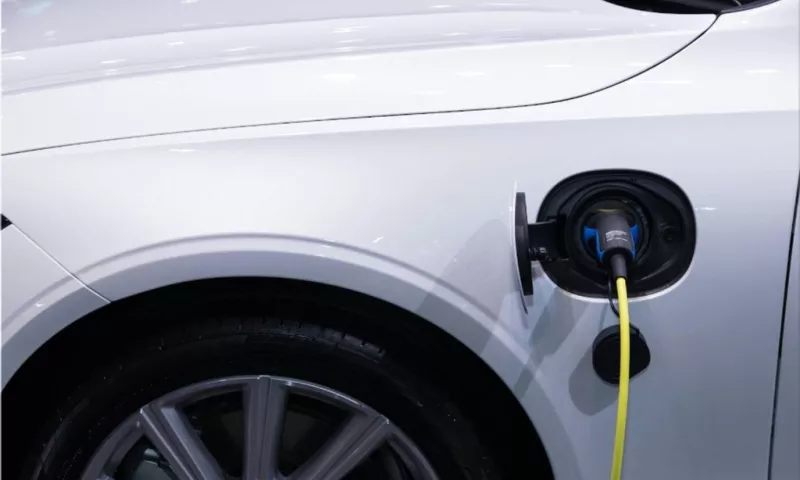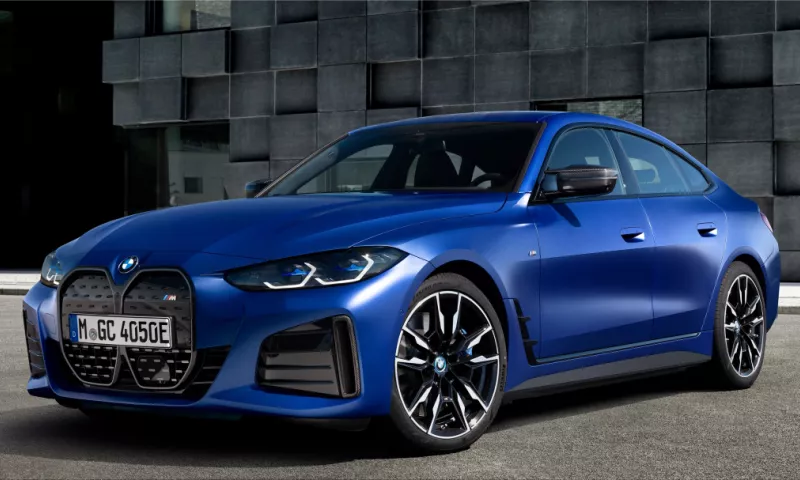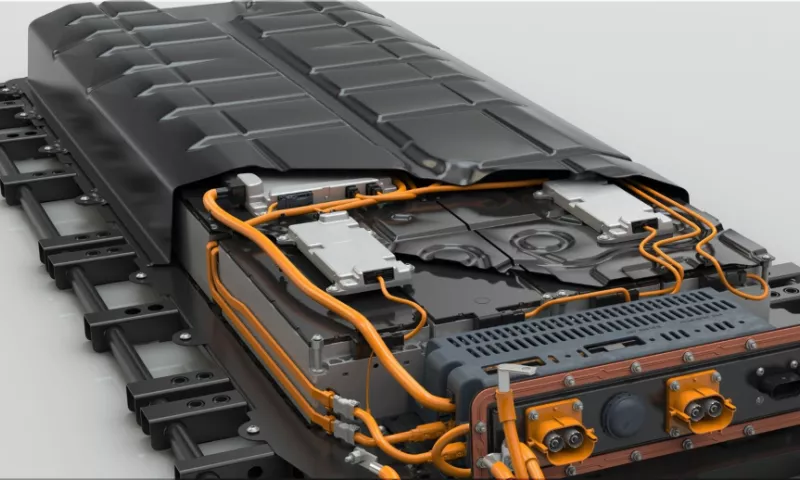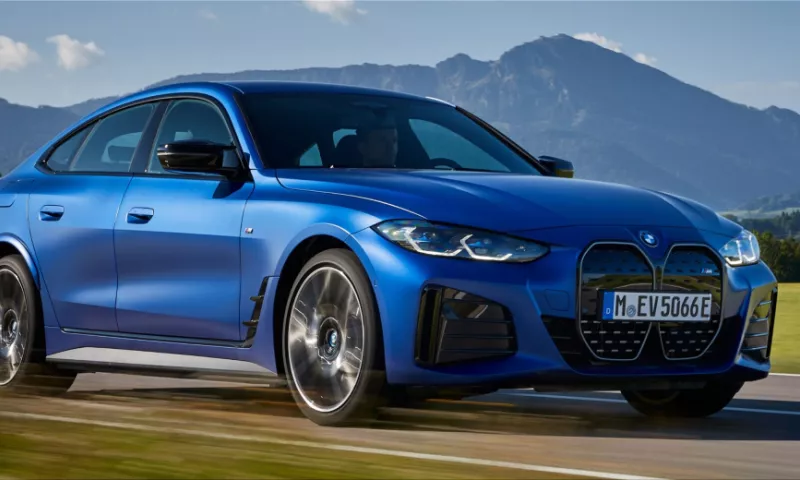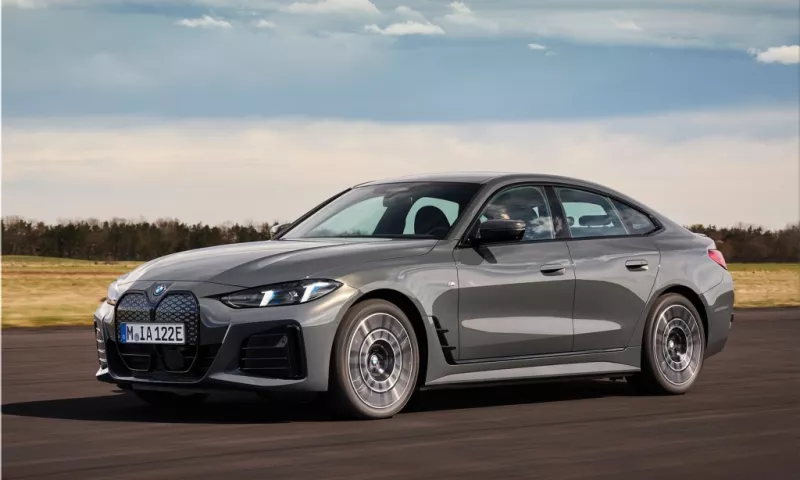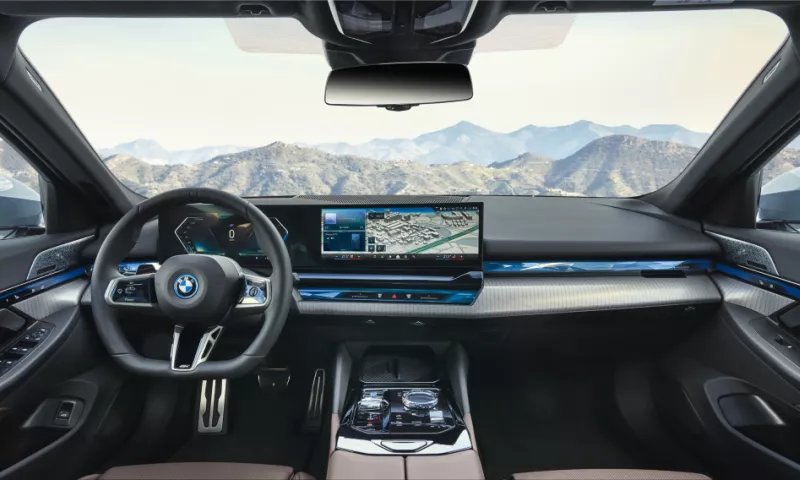BMW is keeping a cautious outlook for the rest of the year as it faces supply chain challenges and rising raw material costs. But the German automaker is also seeing strong demand for its electric vehicles, which are boosting its profitability and competitiveness.
BMW reported a 370% increase in its first-quarter operating profit, thanks to higher prices and strong sales of its electrified models. The company sold more than 70,000 plug-in hybrids and battery-electric vehicles in the first three months of the year, up 149% from a year ago.
The company's CEO Oliver Zipse said that BMW is on track to meet its target of delivering more than one million electrified vehicles by 2023. He also said that BMW is investing heavily in innovation and digitalization as it prepares for the future of mobility.
However, Zipse also warned that the global semiconductor shortage and rising commodity prices could have a negative impact on BMW's performance in the coming months. He said that some car prices might rise as a result of these factors, but he did not specify which models or markets would be affected.
BMW is not alone in facing these challenges. Other automakers, such as Ford, GM, and Volkswagen, have also reported strong earnings in the first quarter but have also cautioned about the risks of chip shortages and inflation.

